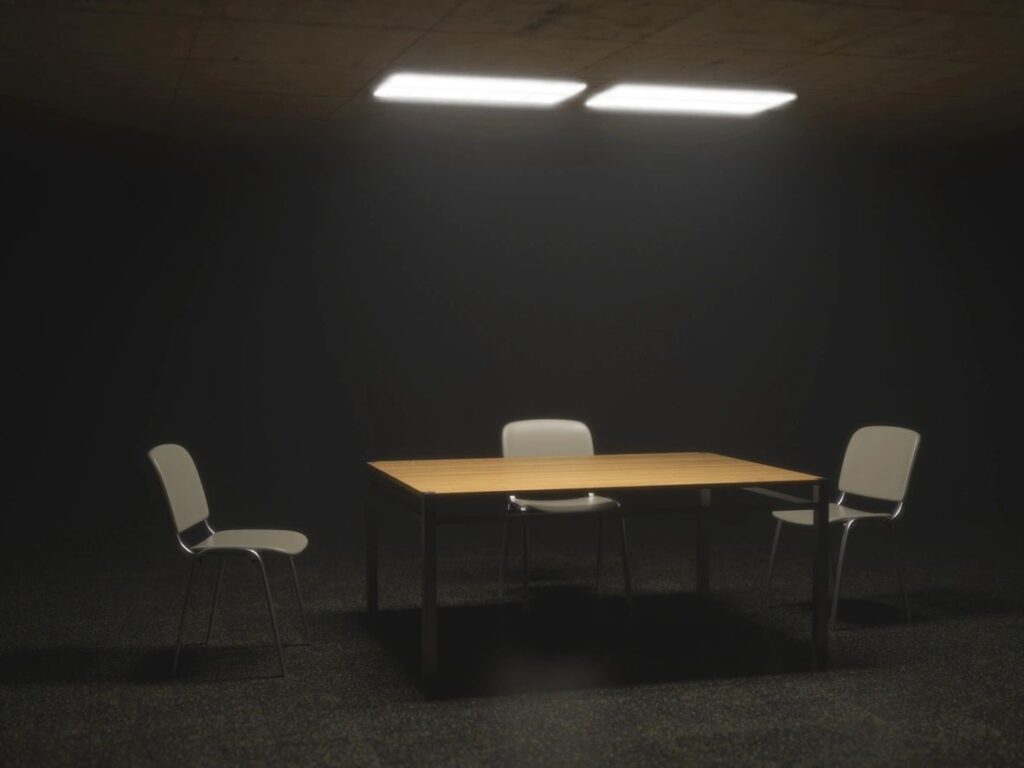
A series of stories on wrongful convictions have appeared recently in major news papers. The topic is of interest to me for two reasons. First, I served time in a federal prison after entering into a plea agreement. That means my case never went to trial. I often wonder what the end result would have been had the case gone to trial.
Second, during the pretrial period, I undertook a massive effort to reach out to nonprofits in the criminal justice space. My goal was to enlist their help to address what I believed to be errors in the Government’s handling of the case, errors I believed made it impossible for me to receive a fair trial.
What I learned was this: help, if it comes at all, only comes after a wrongful conviction.
Blackstone in 1769, Supreme Court in 1895
Today’s society seems to have forgotten, or choses to overlook, a centuries old principal in criminal justice ethics: “It is better to let the crime of a guilty person go unpunished than to condemn the innocent.”
Prison systems use numbers to keep track of the incarcerated. Those numbers replace names. Shamel Capers served eight years in prison. Exonerating evidence led to his conviction being vacated. Lamont Madison served 15 years in prison for a 1997 robbery in Virginia Beach that another man confessed to. Adnan Syed was sentenced to life in prison at the age of 18. Twenty-two years later, prosecutors admitted lacking confidence in “the integrity of the conviction.” DNA testing of existing evidence revealed he could not have committed the crime. Derrick Hamilton served more than 20 years in prison and was ultimately exonerated after the Brooklyn District Attorney’s Conviction Integrity Unit (CIU) concluded that he was innocent of all charges. Shamel, Lamont, Adnan and Derrick all proclaimed their innocence. No one believed them.
According to EJI, there are more innocent people in our jails and prisons today than ever before. Exonerations have increased by almost 70% since 2017. It’s wonderful that thousands of individuals have been exonerated but it’s terrifying that the American criminal legal system regularly and systematically incarcerates countless innocent people.
Data on wrongful convictions clearly point to some of the failures of America’s justice system. But behind data point, there is a person – a man or woman who is also a father, son, daughter, wife, mother, aunt, uncle, friend, sister, and/or brother. A human being who has connections to others and a role in their community. When a person is incarcerated, they are taken away from loved ones, families are destroyed, relationships are damaged and communities are weakened. Children are the most vulnerable to these negative effects
Explaining the Unconscionable
In America, innocent people go to prison. It’s not a secret – data and personal stories demonstrate this unconscionable reality.
It’s also not a secret why this happens. Innocent people go to prison because America’s criminal justice system is broken. Below, I discuss five of the many failings in the system.
Two interconnected issues are prosecutorial immunity and prosecutorial misconduct. In Imbler v. Pachtman, 424 U.S. 409 (1976), the Supreme Court decided prosecutors cannot be held legally responsible for their actions. When you remove all professional accountability, things can go sideways fast.
There are cases in which prosecutors have intentionally charged someone they know to be innocent, evidence has been fabricated, misrepresented, or withheld, and witnesses have been pressured into giving false statements. Because prosecutors have immunity, they are not held accountable when they engage in these kinds of behaviors.
Making matters worse, our criminal legal system incentivizes convictions at all costs. Professional advancement as a criminal prosecutor is based on number of convictions. The. message: win at all costs. Promotions and re-election are also often linked to rates of successful prosecutions. This creates a situation in which personal interests outweigh the interests of justice.
Every criminally accused person is entitled to adequate defense yet some defense attorneys fail to execute their roles with excellence. Innocent individuals can be wrongfully convicted if defense attorneys fail to defend them. Commonly cited problems include failing to present an alibi, ineffective cross-examination of witnesses, and failing to produce expert witnesses. Inadequate defenses can almost guarantee a conviction when they happen in cases where the prosecution is relying on faulty forensics. The majority of wrongful conviction cases include findings that investigators used unreliable procedures, failed to conduct thorough analyses or exaggerated confidence levels.
As if all this weren’t enough, America’s criminal justice system disproportionately affects the poor and communities of color. Research has found that, more often than not, race is a proxy for criminality and that blacks are about 7½ times more likely to be wrongfully convicted of murder than are whites.
Silence Is Complicity
Evidence of the problem is clear. And recommendations for addressing these issues abound. Most Americans say they support reform. Yet the problem persists.
To transform America’s criminal justice, we must do more than say we agree change is needed. The only way that America’s criminal legal system will improve is if citizens organize, mobilize, advocate, and elect progressive prosecutors. We must engage elected officials and get them to support alternatives to incarceration and create prosecutorial integrity units.
Our collective inaction means that the trend of incarcerating innocent people will continue. If we don’t take action, we become complicit in perpetuating a criminal legal system that is not only unjust but structurally racist. We become knowing bystanders who do nothing as individuals, families and communities suffer.
Personal Change, Not Just Public Activism
We can also make changes in our personal lives that help remediate the injustices of our nation’s criminal legal system. Having a better understanding of the flaws inherent in the American legal system should lead us to be less judgmental of the justice impacted.